Remember the time when you would sleep for hours together with no worries in the world? Yes, probably as a kid, but that uninterrupted sleep made you feel energetic, alive, high-spirited, hungry, happy, and productive, to say the least. We bet that with age, that sound, good quality, undisturbed sleep, has only been on a decline with stress being a major contributor. After all, you cannot possibly survive adulthood without stress. There’s stress in almost everything- whether it's work, relationships, health (your own as well as of your loved ones), all of which affect sleep. In this blog, we talk about the different factors that affect sleep and the one supplement by Wellbeing Nutrition that will help you address this problem. But before we get into that, let’s see why sleep is important.
What Is The Importance of Sleep?
The secret to a healthy body and mind, apart from a regular healthy diet and exercise routine, is sleep. However, in a world where people want to get a lot done in a limited amount of time, sleep is the first thing that gets taken for granted. A good night’s sleep is considered a luxury by many. People often feel guilty if they happen to get a good night’s 8-hour-long sleep. Truth be told, sleep is perhaps the most important thing you can do for your body and health. A good night’s sleep has many benefits right from boosting metabolism, enhancing mental alertness and concentration, regulating hormones, bolstering immunity, reducing mood swings, and even losing weight, among other things. Now only if it were that easy to get undisturbed sleep every night! So what are the different factors that affect sleep, you ask? Well, let’s find out.
Different Factors That Affect Sleep
The different factors that affect sleep are as follows:
Chronic Stress: As stated above, one can’t survive anything in life without stressing about it first. And when does the brain work overtime? Ironically, when you’re in bed trying to give it some rest. Did I pay the electricity bill? Did I hurt my colleague’s sentiments over lunch today? Are my taxes due this week? Should I take the bus or carpool it to work tomorrow? It is also the time we look back and ponder over our past mistakes and decisions or worry about where we are headed in the future. Sometimes, past traumatic experiences can also weigh in on you, not allowing you to get a restful sleep.
Additionally, if you are someone who stresses more than usual daily over the smallest of things, then these things will further prevent you from getting a good night’s sleep. Seeking professional help (counseling), journaling, and reaching out to friends and family members are just some of how you can cut down on this stress. If it’s chronic anxiety and depression that you’re going through, which is causing you to not get sleep, you may need to consult your doctor who will prescribe you medications for the same.
Exposure to Electronic Devices: Prolonged exposure to screens and mobile devices not only harm the eyes but also make it difficult for one to fall asleep. That is because your phone screen emits a blue light, which restrains the production of melatonin, the hormone that controls your sleep-wake cycle. Hence, it is vital to maintain sleep hygiene in the room you are sleeping in so that any barrier to falling asleep is automatically eliminated. For the uninitiated, sleep hygiene is a term used to describe sleep-related habits, routines, and environments. For instance, your room is a sleep environment and so ensure that it is device free. Refrain from looking at the screen for almost two hours before hitting the bed.
Poor Gut Health: Another important factor that prevents one from getting uninterrupted sleep is poor gut health. There is a close relationship between gut health and sleep as both influence each other. Your body operates on a circadian rhythm, which is your body’s sleep-wake cycle. Research shows that 95% of serotonin, which is a very important neurotransmitter essential for regulating sleep, mood, and healthy mental health, is created in the gut. Without a diverse gut microbiome, you may not get the amount of serotonin that you need, which can mess with your sleep pattern and duration.
Consuming a variety of fresh fruits, vegetables, whole grains, probiotics (like sauerkraut, kefir, yogurt, and kombucha) and consuming less industrially-produced trans-fats, salt, sugars, and saturated fats will benefit gut health. Apart from eating healthy, also include a synbiotic supplement (probiotic + prebiotic) as this combination will help create an environment for good microbes to thrive and grow in the gut, making the gut flora more diverse and sound for the body to function properly. This will then contribute to improving one’s overall well-being. Try out synbiotic supplements from Wellbeing Nutrition like Probiotic+ Prebiotic effervescent tablets, Healthy Gut Melts, and Gut Health Slow capsules. All this will keep your gut healthy, which will then positively impact your sleep.
Medications: Did you know that certain medications can affect your sleep? Well, that’s true. Let’s explain this with an example. Those who have high blood pressure issues, heart rhythm problems, or complain of chest pains occasionally, are prescribed beta-blockers, which are a class of medications that are primarily used to manage cardiovascular problems. Well, these beta-blockers tend to reportedly also lower your body’s melatonin level, which is the hormone controlling your sleep-wake cycle. This could cause interrupted sleep. There are several other medications like corticosteroids, Cholinesterase inhibitors (cognition-related medications), and statins (for cholesterol), to name a few that inhibit sound sleep. If you’re someone who has or is experiencing insomnia or sleep deprivation because of any other forms of medications, please consult your doctor about adjusting or changing the same, if possible.
Caffeine or Alcohol: This shouldn’t come as a surprise to you as we all know that excessive consumption of caffeine and alcohol causes disruptions in one’s sleep-wake cycle. This can be best elucidated with the results of a 2015 research survey, which concluded that those who perceived themselves to be caffeine-dependent, had poorer sleep quality than those who weren’t. This phenomenon was surprisingly higher among women. Caffeine reliance was linked to poorer sleep quality, heightened daytime dysfunction, and higher instances of night-time inconveniences. Additionally, drinking alcohol before hitting the bed could also make you wake up more often to go to the toilet during the night, which can disrupt sleep. There’s ample research that shows those who drink a lot of alcohol before hitting the bed are more susceptible to hampered sleep. They take longer to fall asleep. Moreover, given that the liver enzymes metabolise the alcohol overnight, the blood alcohol level declines, causing individuals to experience disturbances in falling asleep or poor quality sleep.
Menopause: Every woman goes through menopause after the age of 50 when their menstrual cycle naturally stops. The body gradually stops making hormones like estrogen and progesterone, which often causes hot flashes, where one suddenly experiences a rush of adrenaline, increasing the body temperature, and making one sweat. This can wake one up in the middle of the night, sometimes more than once, disrupting sleep. During such instances, it would be advisable to consult your gynecologist to prescribe hormones or certain medications to put a halt to these flashes, which can help you sleep better.
Sleep Apnea: Sleep apnea is a condition when one’s breathing repeatedly stops and starts in their sleep. This can cause them to wake up several times during the night. One may not remember it but it could cause them to feel sleepy and groggy the following day due to insufficient sleep. This is a potentially serious sleep disorder for which medical intervention is mandatory. Your doctor may ask you to lose weight (since obesity is a major cause of the same) or ask you to use a breathing assistance device at night, such as a continuous positive airway pressure (CPAP) machine that will help you breathe properly and get good sleep.
There are other causes for sleep deprivation or insomnia, which include napping in the afternoons, other medical problems like arthritis or osteoporosis that make sleeping difficult due to excessive body pain, or primary insomnia in itself. But don’t worry. We at Wellbeing Nutrition have the perfect solution for you that will help correct your sleep-wake cycle and make you sleep peacefully at night. And the solution is Restful Sleep Melts.
Restful Sleep Melts: Your Solution To A Good Night’s Sleep
Restful Sleep Melts are oral thin strips that dissolve instantly when placed on the tongue. They contain three ingredients from the best sources in the world that are well known for their calming and anti-anxiety effects - Valerian Root also called ‘Nature’s Valium’, Chamomile, and Passionflower. These natural sleep-aids have been used for centuries as traditional medicines to relax the brain and bring tranquillity, both of which are prerequisites for a refreshing siesta.
These strips also contain the vital amino acid- L-isomer-theanine, which helps to alleviate stress and anxiety, lower brain activity, and reduce the sensitivity of our nerves to external stressors, which leads to better sleep quality and more restful sleep. It also contains a combination of Hydroxytryptophan (5-HTP) and Gamma-aminobutyric acid (GABA) that make one fall asleep almost instantly. So what are you waiting for? This is the perfect all-natural melatonin supplement for you that will help you sleep longer and better at night. So hurry up and get yourself a pack of Restful Sleep Melts.
References:
Lichtenstein GR. The Importance of Sleep. Gastroenterol Hepatol (N Y). 2015 Dec;11(12):790. PMID: 27134595; PMCID: PMC4849507. (https://bit.ly/3croVvg)
Stress and Sleep, American Psychological Association, (https://bit.ly/3aO14pm)
Caumo GH, Spritzer D, Carissimi A, Tonon AC. Exposure to electronic devices and sleep quality in adolescents: a matter of type, duration, and timing. Sleep Health. 2020 Apr;6(2):172-178. DOI: 10.1016/j.sleh.2019.12.004. Epub 2020 Feb 25. PMID: 32111524. (https://pubmed.ncbi.nlm.nih.gov/32111524/)
Smith RP, Easson C, Lyle SM, Kapoor R, Donnelly CP, Davidson EJ, Parikh E, Lopez JV, Tartar JL. Gut microbiome diversity is associated with sleep physiology in humans. PLoS One. 2019 Oct 7;14(10):e0222394. DOI: 10.1371/journal.pone.0222394. PMID: 31589627; PMCID: PMC6779243. (https://www.ncbi.nlm.nih.gov/pmc/articles/PMC6779243/)
Fares A. Night-time exogenous melatonin administration may be a beneficial treatment for sleeping disorders in beta-blocker patients. J Cardiovasc Dis Res. 2011 Jul;2(3):153-5. DOI: 10.4103/0975-3583.85261. PMID: 22022142; PMCID: PMC3195193. (https://bit.ly/3Na14Nl)
O'Callaghan F, Muurlink O, Reid N. Effects of caffeine on sleep quality and daytime functioning. Risk Manag Healthc Policy. 2018 Dec 7;11:263-271. DOI: 10.2147/RMHP.S156404. PMID: 30573997; PMCID: PMC6292246. (https://www.ncbi.nlm.nih.gov/pmc/articles/PMC6292246/)
Baker FC, de Zambotti M, Colrain IM, Bei B. Sleep problems during the menopausal transition: prevalence, impact, and management challenges. Nat Sci Sleep. 2018 Feb 9;10:73-95. DOI: 10.2147/NSS.S125807. PMID: 29445307; PMCID: PMC5810528. (https://www.ncbi.nlm.nih.gov/pmc/articles/PMC5810528/)
Spicuzza L, Caruso D, Di Maria G. Obstructive sleep apnoea syndrome and its management. Ther Adv Chronic Dis. 2015 Sep;6(5):273-85. DOI: 10.1177/2040622315590318. PMID: 26336596; PMCID: PMC4549693. (https://www.ncbi.nlm.nih.gov/pmc/articles/PMC4549693/)
Park SY, Oh MK, Lee BS, Kim HG, Lee WJ, Lee JH, Lim JT, Kim JY. The Effects of Alcohol on Quality of Sleep. Korean J Fam Med. 2015 Nov;36(6):294-9. DOI: 10.4082/kjfm.2015.36.6.294. Epub 2015 Nov 20. PMID: 26634095; PMCID: PMC4666864. (https://www.ncbi.nlm.nih.gov/pmc/articles/PMC4666864/)












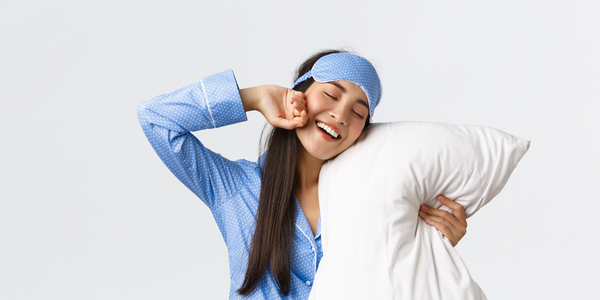

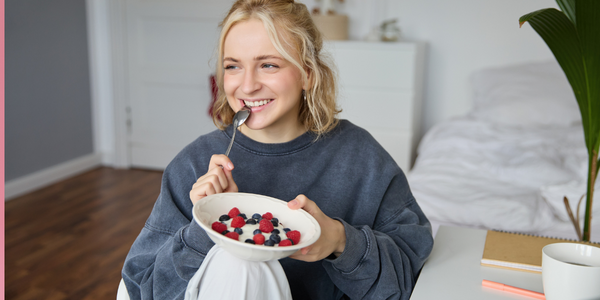

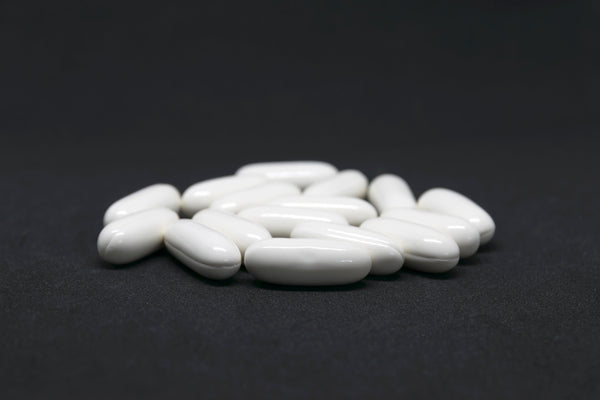
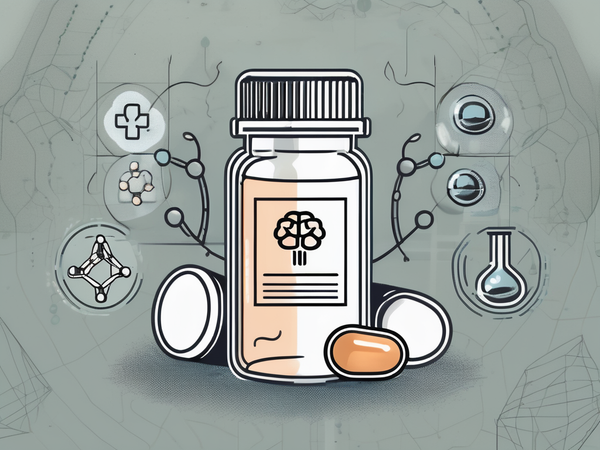
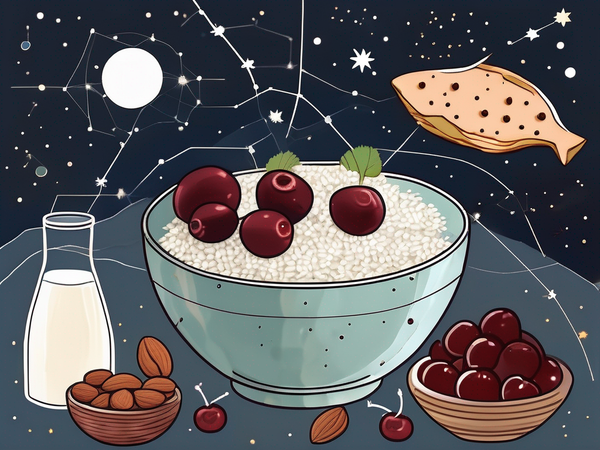

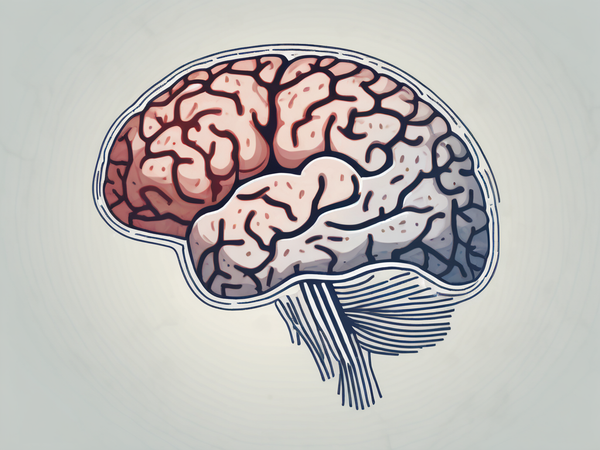






 DOWNLOAD NOW
DOWNLOAD NOW
